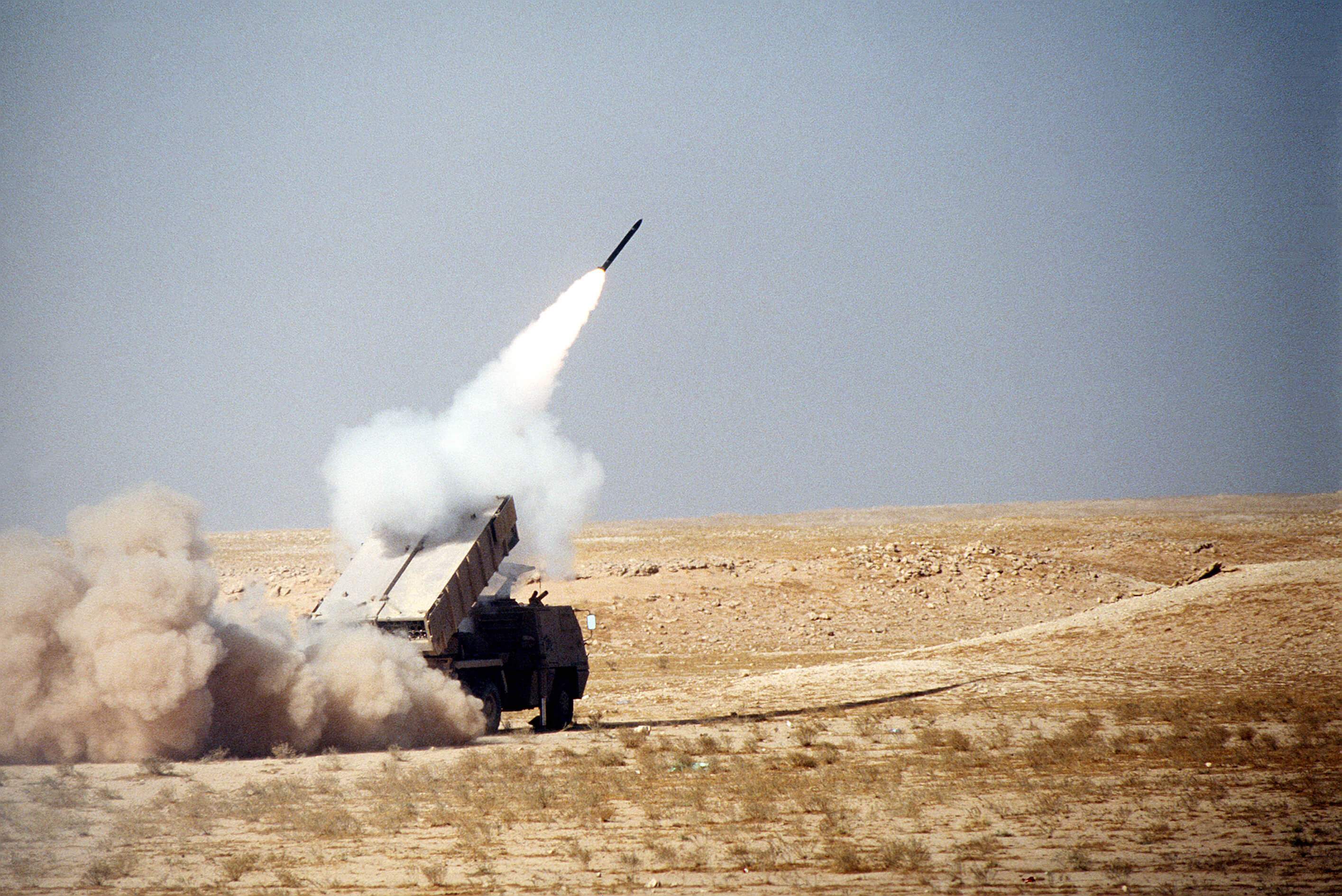
Washington, D.C. – Securing America’s Future Energy (SAFE) released today an Issue Brief, Rising Tensions between Saudi Arabia and Iran Threaten Regional Oil Supplies, analyzing the potential effects on the global oil market of violence resulting from increased tension between Saudi Arabia and Iran. The conflict, prompted by the Saudi execution of Shia cleric Nimr al-Nimr and subsequent retaliation by Iranian hardliners on the Saudi Embassy in Tehran has triggered a deepening crisis in already poor relations between the two regional powers, threatening oil supplies.
Initial effects on oil prices from the increased tension between Iran and Saudi Arabia have so far been limited. The fracas, however, raises the likelihood of instability in Saudi Arabia, particularly in the Eastern Province, which produces over 9 million barrels per day (mbd) and where Shia secessionist sentiment is strongest. An unexpected event or provocation could prompt a chain reaction, bringing Tehran into an open war with Riyadh and its allies. Such a conflict would immediately place more than 11 million barrels per day of global oil supply at risk, putting significant upward pressure on prices worldwide.
An attack taking any single oil field offline in the Eastern Province could result in a disruption of between several hundred thousand and 6 million barrels per day, the latter if violence were to shut down Ghawar, the world’s largest conventional field. Similarly, the world’s largest oil processing facility, Abqaiq, which handles an estimated 7 mbd, lies in the province and could also be targeted.
If other Persian Gulf states were to join the conflict, the total number of barrels at risk would rise to approximately 19 mbd, resulting in even more upward price pressure and potentially catastrophic spikes and volatility. Despite lower oil prices today than 18 months ago, oil price volatility already hovers at levels not seen since 2009.
Because the United States relies on oil for over a third of its primary energy demand, the country’s national and economic security are inextricably tied to the oil-rich Middle East. Instability in the region translates to economic uncertainty and market volatility at home, with the potential to induce wild oscillations in the price of America’s dominant transportation fuel. An open conflict between Iran and Saudi Arabia could also require U.S. intervention, heaping costs upon taxpayers, putting soldiers’ lives at risk, and hampering coalition efforts against the Islamic State group.
“The breakdown between Saudi Arabia and Iran serves as a stark reminder of how the United States’ dependence on oil threatens extreme economic damage even when we aren’t directly involved in a conflict,” said SAFE President and CEO Robbie Diamond. “While today’s oversupply in the global oil market kept prices suppressed even as the Saudi embassy in Tehran burned, there is nothing we could do, save possibly full-on military intervention, to guarantee the supply of oil to the global market in the event of war between these two historical rivals.”
“Only by vastly reducing the amount of oil needed from the Middle East through domestic production, increased efficiency, and advanced fuels like electricity and natural gas can we expect to ever escape these kinds of threats,” Diamond added.
With the world increasingly dependent on low-cost production from the Middle East as capital expenditures for high-cost oil wells elsewhere are squeezed by low prices, the possibility of prolonged and dangerous global oil price spikes is only exacerbated by the heightened tensions between the Persian Gulf’s biggest powers.
On Friday, February 12 at 12:30 p.m., SAFE will join the Foundation for Defense of Democracies (FDD) on Capitol Hill for an expert panel discussion to examine in depth the U.S. national security implications of growing tensions between Iran and Saudi Arabia. Panelists include Energy Security Leadership Council member General Charles Wald, USAF (Ret.), FDD Senior Counselor John Hannah, and Rapidan Group Founder and President Robert McNally. Click here to learn more.
About Securing America’s Future Energy (SAFE)
Securing America’s Future Energy (SAFE) is a nonpartisan organization that aims to reduce America’s dependence on oil and improve U.S. energy security to bolster national security and strengthen the economy. SAFE advocates for expanded domestic production of U.S. oil and gas resources, continued improvements in fuel efficiency, and in the long-term, breaking oil’s stranglehold on the transportation sector through alternatives like natural gas for heavy-duty trucks and plug-in electric vehicles. In 2006, SAFE joined with General P.X. Kelley (Ret.), 28th Commandant of the U.S. Marine Corps, and Frederick W. Smith, Chairman, President, and CEO of FedEx Corporation, to form the Energy Security Leadership Council (ESLC), a group of business and former military leaders committed to reducing the United States’ dependence on oil.
###
1111 19th Street, NW #406, Washington, DC 20036